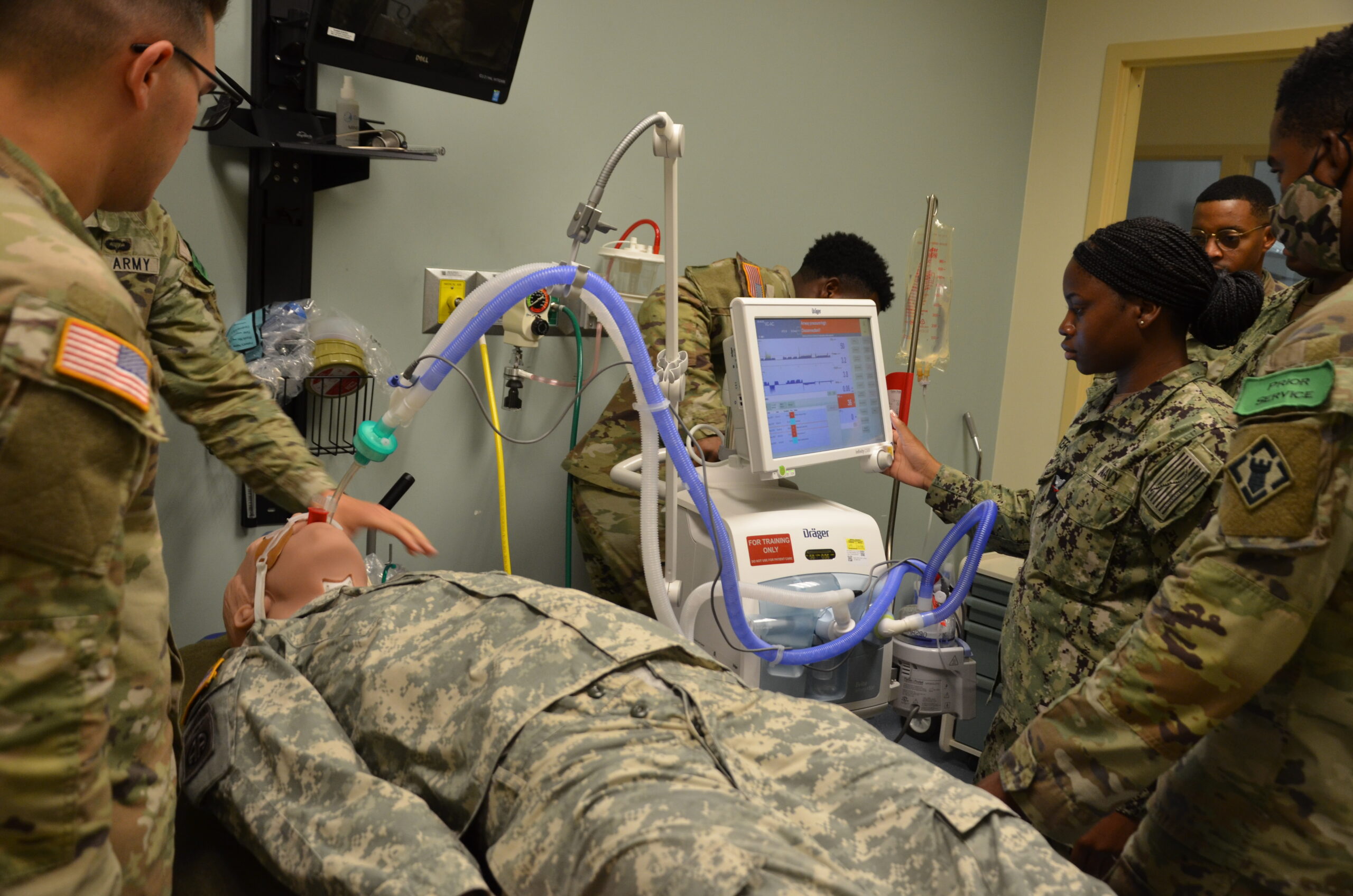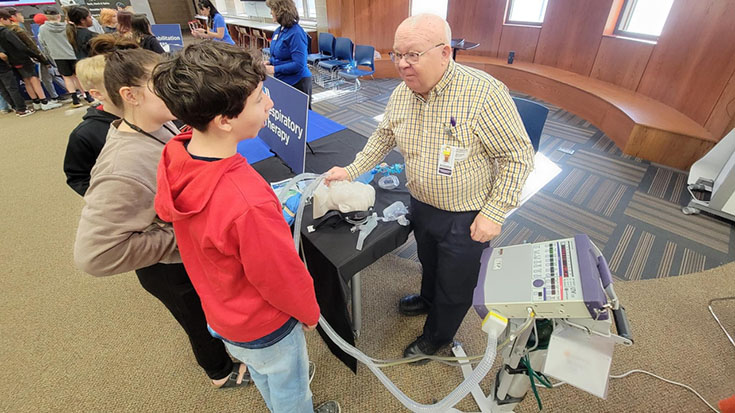
Transitioning from classroom to practice can be tough for a recent grad, but preparation is a key to success. We asked recent respiratory care graduates what they wish they had known before graduating. Here’s their wisdom to pass along to our current students.
Victoria Johnson
What I wish I would have known before I graduated would be how to better network while in my program. I was able to communicate and inquire when I needed to, however it can be difficult to discern who would be the best mentor for you to help establish and guide your career upon graduation. In retrospect, I would have approached certain people differently and more often. I also would have acquired contact information to ensure if for any reason I would have had references to place on my first resume outside my program and clinical director.
Kayla Prario, RRT
I wish I knew not to set limitations. Whether they are self-imposed or based on what other therapists have done in the past, your career is only as mundane as you make it out to be. If you want opportunities actively seek them out; just because no else in your department has done something does not mean that you can’t. Find a passion and go after it without limits.
Sheng (Coco) Wang
I just recently graduated myself, so I still have a lot to learn. But the things I wish I knew before I graduated were balancing and to get familiar with the basics.
What I mean by balance is not just the bigger picture like balancing between life and work, but also balancing during work. At work, you might often find yourself taking care of many patients during your shift. You not only want to deliver everyone’s medications on time, but you also want to use this window to assess your patient’s condition. Are the medications effective? What are the before and after symptoms? What’s the next approach for this patient? This last question might depend on each hospital’s protocol, but every hospital has one goal: to help patients get better. This goal relies on us to use our skills as respiratory therapists, and to make sure our patients are receiving their care effectively.
That is where knowing the basics comes in; patient assessments, disease processes, and, of course, it doesn’t hurt if you remember your pharmacology and pathophysiology books. The basics act as a guide–knowing it will give us more time to focus on other aspects of patient care and lets us more accurately assemble a plan of care. This way we can balance everything our workplace expects of us and give all our patients efficient and effective care.
Email newsroom@aarc.org with questions or comments, we’d love to hear from you.














